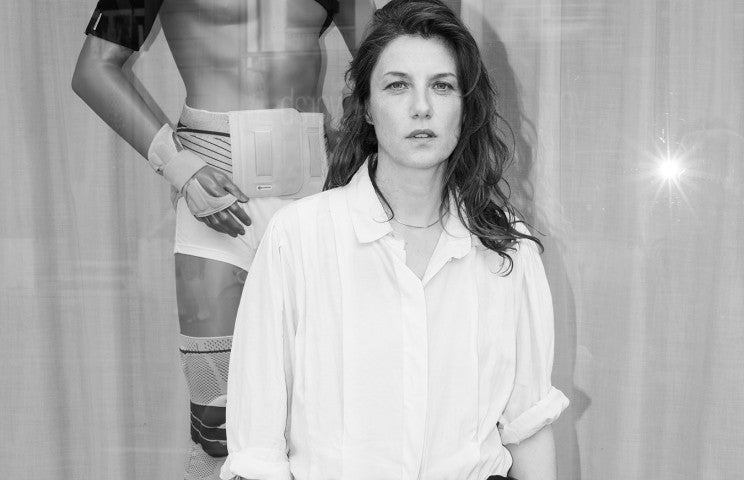The world after: a critique of prophetic reason. Inspiration, Respiration
With Joëlle Zask and Michaël Foessel, moderated by Jean-Marie Durand.
‘After’ must inevitably be different, reconsidered, readjusted, unless we are
ready to face the loss of a world that is cooperative, protective, habitable and
hospitable. And yet, eight months later, can we really say that the new rays of
light appearing out of the shadows of confinement are guiding us towards an
ideal post-pandemic world? Are we capable of grasping this event: that is, both understanding it and making something out of it? Two inspired and inspiring philosophers invited by Jean-Marie Durand for the new rdv “Inspiration, Respiration”, Joëlle Zask and Michaël Foessel, are both in their own way part of the dynamic field of critical theory, seeking a starting point that reflects on our current societies to imagine possible pathways of emancipation as well as to highlight stubborn impasses. Both question the off kilter foundations and modes of organization of our societies, arguing for the necessity of a democracy that is more social, participatory and, essentially, more democratic.”
Joëlle Zask is the author of several books, including Zoocities, des animaux sauvages dans la ville, Quand la forêt brûle : penser la révolution écologique, Quand la place devient publique, La démocratie au champs and Art et démocratie : les peuples de l’art. Her works explore ecology, wildfires, living things, democracy, participation, cities, art, and pragmatism, observing the time we are living in with a circular and global perspective to reach a better understanding of the ambivalence and hope tied up with the “world after”.
Michaël Foessel is a philosopher who has written many essays on the obstacles and perils of our era (including Récidive: 1938, La nuit, Le temps de la consolation, Après la fin du monde : critique de la raison apocalyptique and État de vigilance). He is wary about the recent explosion of texts announcing the end of capitalism and their implication that what political revolutions have never been able to achieve will in the end be attained by a virus. Isn’t it a mistake to imagine that a natural event could bring down an entire mode of production?








